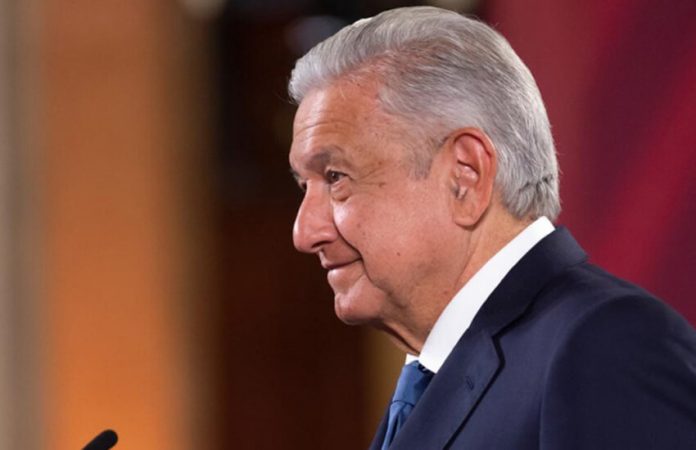President López Obrador has come under fire after declaring that he won’t attend the Summit of the Americas (SOA) in the United States next month unless all countries of the region are invited.
The U.S. government has suggested that the presidents of Cuba, Venezuela and Nicaragua won’t be invited to the regional meeting, which will be held in Los Angeles between June 6 and 10.
López Obrador, who was in Cuba last weekend and has a friendly relationship with the island nation’s president, Miguel Díaz Canel, said Tuesday that he won’t attend if any nation is excluded, declaring that “even with our differences, we have to have dialogue” and that nations must treat each other in a “brotherly” way.
“If all [countries] aren’t invited, a delegation of the Mexican government will go, but I wouldn’t,” he told reporters at his morning news conference.
The president clarified that Foreign Affairs Minister Marcelo Ebrard would represent him at the ninth SOA, whose theme is “Building a Sustainable, Resilient, and Equitable Future.”
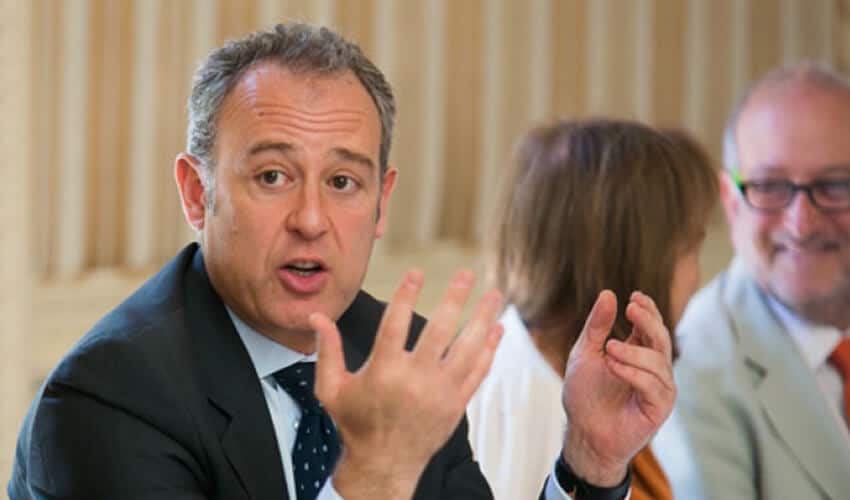
Arturo Sarukhán, Mexico’s ambassador to the United States between 2006 and 2013, was among the critics of López Obrador’s plan to boycott the event if all leaders don’t have a seat at the table. “The president’s decision to condition his participation in the summit on Cuba, Venezuela and Nicaragua being invited is an own goal and a silly thing to do,” he told the newspaper El Universal.
Sarukhán said López Obrador’s declaration and potential nonattendance would harm Mexico’s relationship with the United States, “which the president himself has acknowledged … is fundamental to the well-being and prosperity of Mexicans,” including the millions who live in the U.S.
“… At the end of the day, if the president doesn’t attend, it’s Mexico that loses,” the former ambassador said.
“It is important to remember that for a country like ours, if you’re not seated at the table, you’re on the menu,” Sarukhán added.
He also criticized López Obrador’s stance on the basis that if he was hosting an international event in Mexico, he wouldn’t allow another leader to tell him who to invite.
“… The fundamental question is, “why is he … [threatening not to go]? There are clearly ideological reasons and an outdated and stale vision of international relations. But could there be additional motives, such as the suspicions of a growing role for Cuba … in Mexican internal intelligence matters?” Sarukhán asked.
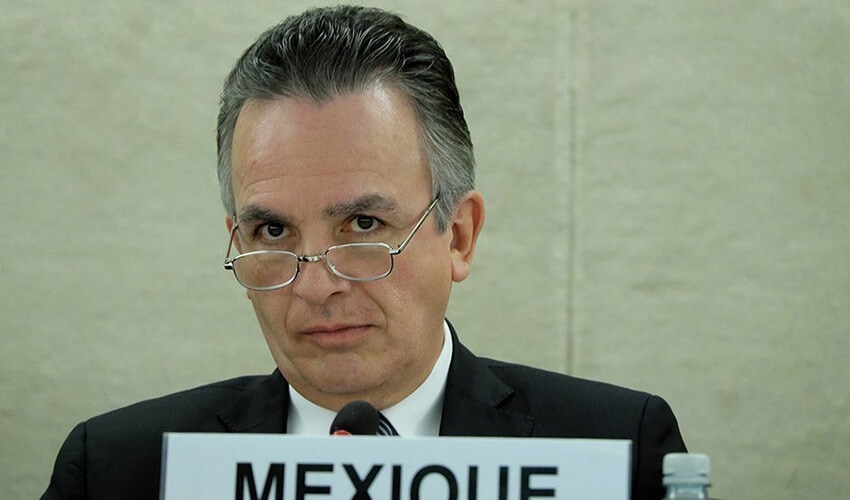
International relations academic Iliana Rodríguez said López Obrador’s threat is contrary to the spirit of international diplomacy and people’s right to self-determination. Every country has the right to decide who it does and doesn’t want to establish relations with, she said.
The Tec de Monterrey professor and researcher said that needless tension in the bilateral relationship with the United States will arise if the president follows through on his threat and doesn’t attend the summit.
Nonattendance would annoy United States President Joe Biden, but he would have to respect López Obrador’s decision “as we respect the United States giving support to the people of Israel against the rights of Palestine,” Rodríguez said.
On Twitter, prominent United States-based Mexican journalist Jorge Ramos said that López Obrador – with whom he went toe to toe at one of the president’s press conferences last July – “has every right not to go to the Summit of the Americas if he doesn’t want to.”
“But what he’s asking,” Ramos added, “is that thugs, torturers, censors and oppressors, as the dictators of Cuba, Venezuela and Nicaragua are, be invited to the party.”
The journalist charged that the Mexican president has already chosen to side with the leaders of those countries.
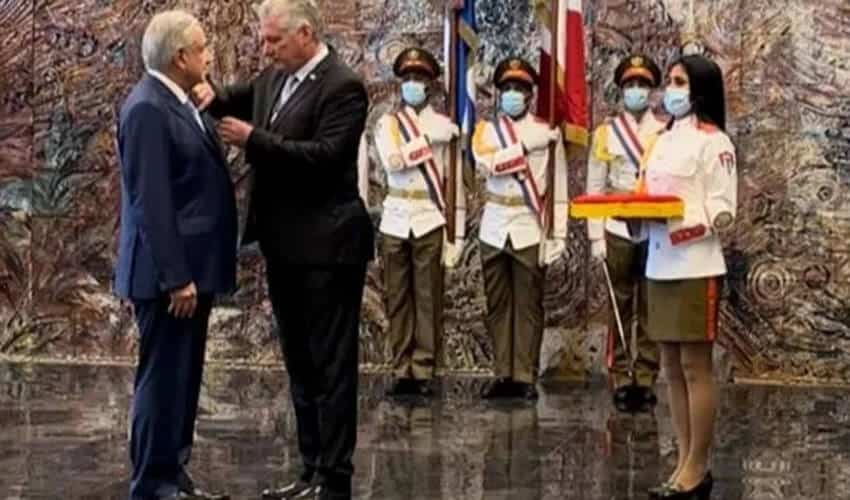
Miguel Ruíz Cabañas, an academic, former foreign affairs official and ex-ambassador to Japan and Italy, said López Obrador should have communicated his intention not to attend the summit directly to Biden rather than announcing it publicly. “It was an unexpected announcement and a little premature because there’s still a month until the summit starts,” he told El Universal.
Ruíz said López Obrador’s declaration will complicate the relationship with the United States because the U.S. government is unlikely to accept “public pressure” with regard to who it should and shouldn’t invite to the summit.
“The president has now chosen a route that won’t give him results. I would be very surprised if the United States government changes its position,” he said. “… Asking President Biden to invite these three dictatorships is to put him in a very complex situation” given that midterm elections will be held in the United States in November, Ruíz added.
The academic questioned López Obrador’s motives given that Mexico’s relationship with the United States is more important than those it has with Cuba, Venezuela and Nicaragua, and he defended the U.S. government’s right to invite whom it sees fit.
One of the main topics for discussion at the summit is expected to be migration to the United States via Mexico, which has recently increased.
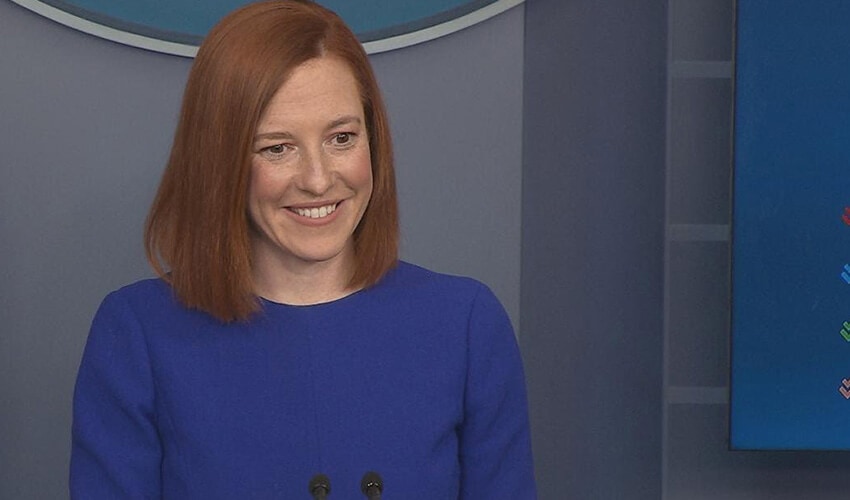
“Our goal is … to sign a regional declaration on migration and protection in June in Los Angeles when the United States hosts the Summit of the Americas,” Biden said in March during a visit to the White House by Colombian President Iván Duque.
U.S. Assistant Secretary of State Brian Nichols has said that the Cuban, Venezuelan and Nicaraguan governments have demonstrated that they don’t respect democracy and would be unlikely to be invited to the regional summit, the first since the 2018 event in Lima, Peru.
However, White House Press Secretary Jen Psaki said Tuesday that a final decision on summit invitations had not been made.
“We haven’t made a decision yet about who will be invited and no invitations have been issued yet,” she told reporters.
Some other countries, including Argentina and Caribbean nations, have also called for all leaders to be invited to the Summit of the Americas, whose purpose is to bring together members of the Organization of American States for discussion and negotiation on issues of regional importance.
With reports from El Universal, El Economista and Associated Press
